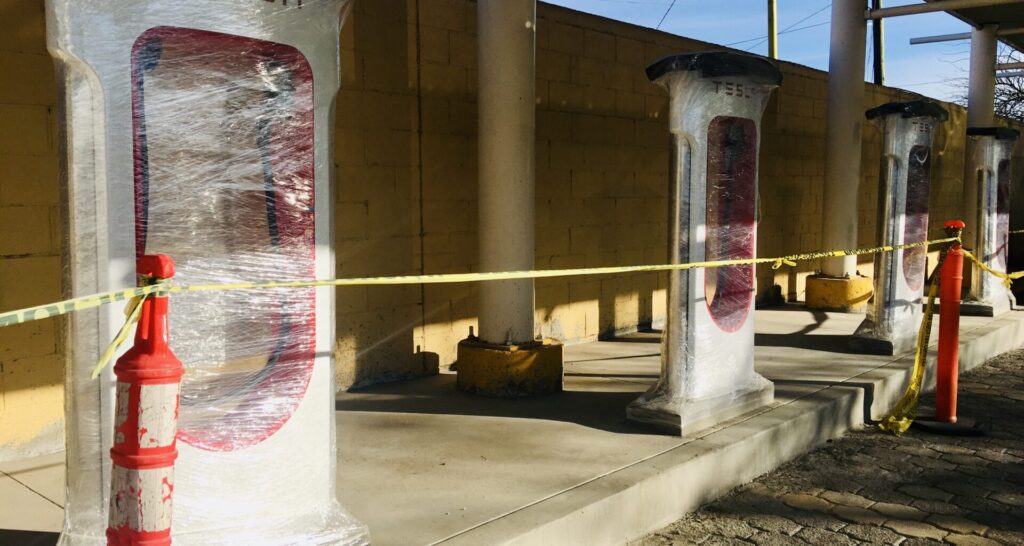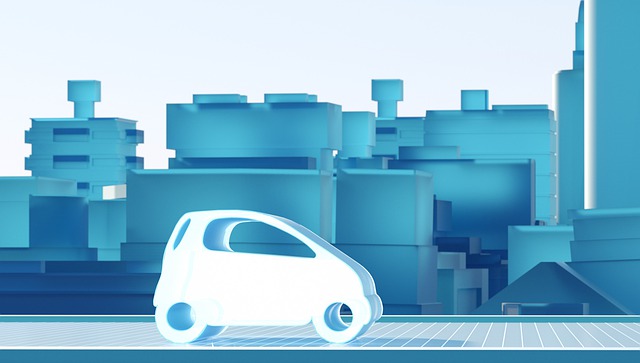Ten years ago, Marco Antonio Gaxiola Michel, an engineer from Hermosillo, installed the first vehicle conversion workshop in Sonora. He adapted a Nissan March with a four-cylinder gasoline engine to make it fully electric. The investment for the conversion was 120,000 pesos, including a lithium battery. He called it EV-March.
Afterwards, Gaxiola Michel launched the Association of Electric Vehicles of the State of Sonora (AVES) initiative, which brought together those interested in the subject of electric cars in the state to promote the adoption of this technology in sustainable mobility.
As published by NoroThe discussion of the topic in the region attracted the attention of electric car owners and those interested in acquiring electric cars or converting, not only in Sonora, but also in Arizona and California, United States. Thus, the Electric Car Day in Hermosillo was born, where training and recreational activities were offered.
The tourist potential of Sonora was very attractive for U.S. tourists, who found that they could have an extended stay in the state, driving an electric car, despite the lack of charging stations for various car models.
An issue that transcends social networks
Tourists from the neighboring country to the north moved the discussion of the subject to Google Groups forums. They talked about the possibility of a Green Cactus Highway, which would later become a reality. For four years they have been discussing the availability of more rest and charging points for electric cars in their transit from Arizona to Sonora, with stops in Santa Ana, Hermosillo and Guaymas.
The AVES association is on pause due to the occupations of the association's leader in the autonomous vehicle sector in the United States, as well as the lack of support to continue with the project in Hermosillo.

Tesla chargers in Hermosillo reignite conversation
This year some Tesla chargers were installed in Hermosillo. They will begin to operate once the installation process is completed. They would reach a charge of up to 80 percent in half an hour of connection. The company would carry out similar installations in Hermosillo, Nogales, Puerto Peñasco, Alamos, Ciudad Obregon and Caborca, in this first stage.
However, the cost of acquiring an electric car in Mexico is still quite high. In the domestic market it is possible to acquire 19 models, but their prices range from 343 thousand pesos to 3.5 million pesos, depending on the brand and the manufacturer's model. They can be Renault, JAC, Nissan, Chevrolet, BMW, Audi, Tesla and Porsche.
Full charge times are four to eight hours depending on the model, as well as the need for power station plug adapters.
New discussions
In 2016, the Sonora-Arizona Megaregion and its development through the large-scale production of an electric vehicle under the Lucid Technologies brand in Casa Grande, Arizona, was a topic of great relevance. Its components would be manufactured in the Hermosillo industrial park. However, the first vehicle was just launched last August, without clarity as to how the Sonora manufacturing sector will participate in the production of the cars.
In 2021, Peter Rawlinson, CEO and chief technology officer of Lucid Motors discussed Sonora's role.
"We are close to much of the supply chain, which is south of the border with Mexico, in the Sonora region."
Governor Alfonso Durazo Montaño has reiterated his interest in promoting economic and technological activities that encourage the industry of this type of cars in the state. He emphasized the exploitation of the largest lithium deposit in the world, located in the municipality of Bacadéhuachi, Sonora, operated by English and Chinese capital under the name Bacanora Minerals.
However, to date there are no local programs oriented to the production of lithium vehicles or batteries.
Context
In Mexico, it is estimated that there are only 2,100 charging points for electric cars. It represents just 5% of the 42,500 installed in the United States, according to El Financiero.


